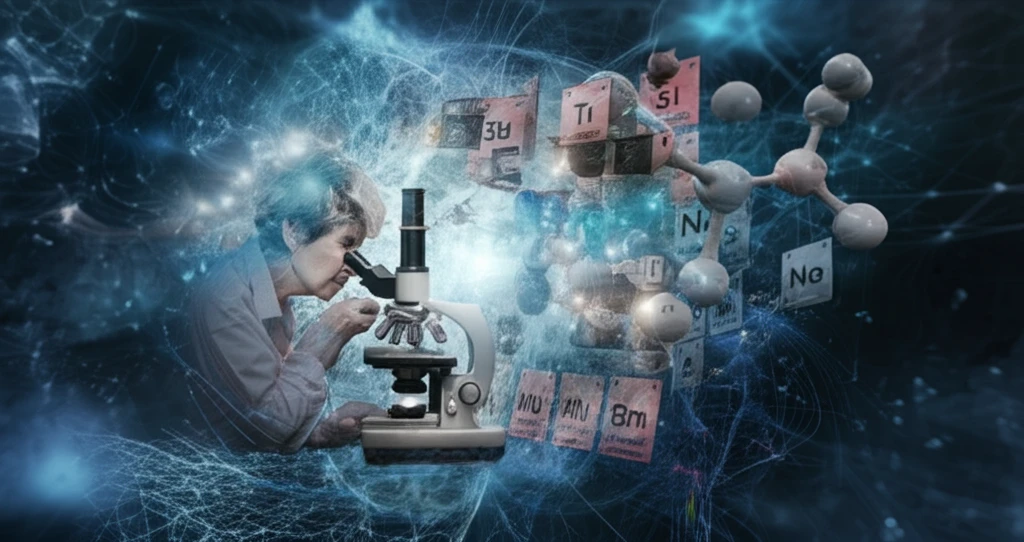
Unlock Your Inner Chemist: A Simple Guide to Understanding Chemical Principles
"Demystifying the world of chemistry, one molecule at a time, for everyday life and beyond"
Chemistry, often perceived as a complex and intimidating subject, is actually fundamental to understanding the world around us. From the simplest reactions in your kitchen to the most advanced technologies shaping our future, chemistry plays a vital role.
This article aims to demystify the core principles of chemistry, making them accessible and relevant to everyone, regardless of their scientific background. We will break down key concepts and illustrate how they impact our daily lives, offering insights into how a basic understanding of chemistry can empower you to make informed decisions and appreciate the world in new ways.
Prepare to embark on a journey that transforms abstract ideas into tangible realities, revealing the chemist within you.
What Exactly Is Chemistry?

At its heart, chemistry is the study of matter and its properties, as well as how matter changes. Matter is anything that has mass and takes up space, from the air we breathe to the smartphones in our pockets. Chemistry explores the composition, structure, properties, and reactions of this matter.
- Atoms: The basic building blocks of matter. Each element on the periodic table is defined by the number of protons in its atoms.
- Molecules: Groups of two or more atoms held together by chemical bonds. These bonds form when atoms share or exchange electrons.
- Chemical Reactions: Processes that involve the rearrangement of atoms and molecules to form new substances. These reactions are governed by the laws of thermodynamics and kinetics.
- The Periodic Table: A chart that organizes all known elements based on their atomic structure and properties, providing a framework for understanding chemical behavior.
The Future is Chemical
As we look ahead, the importance of chemistry will only continue to grow. From developing new energy sources to creating sustainable materials and advancing medical treatments, chemistry holds the key to solving some of the world's most pressing challenges. By embracing a basic understanding of chemistry, you not only enrich your own knowledge but also become a more informed and engaged citizen, ready to contribute to a brighter future.
